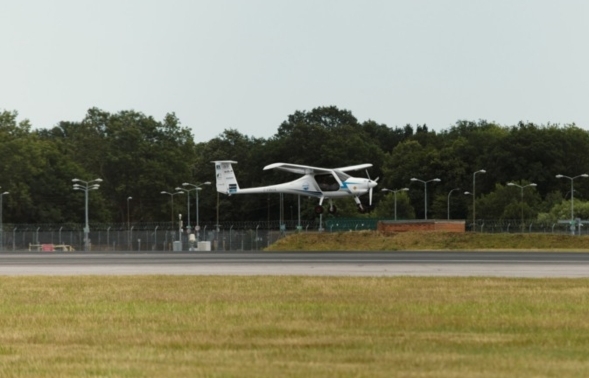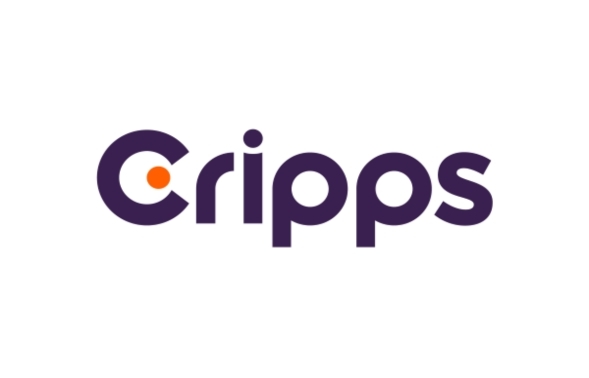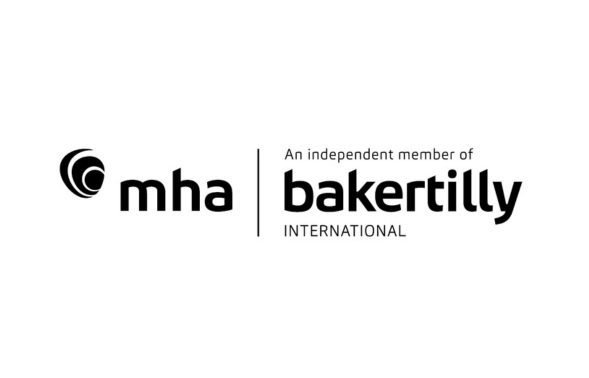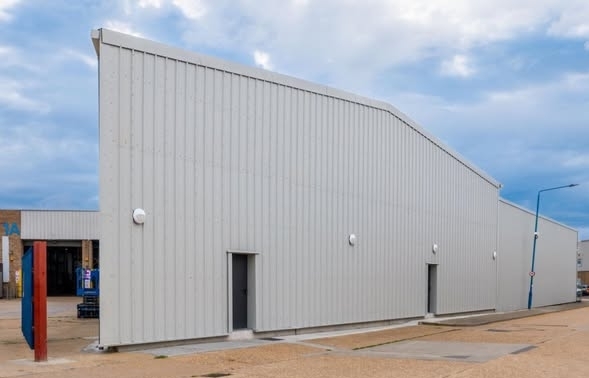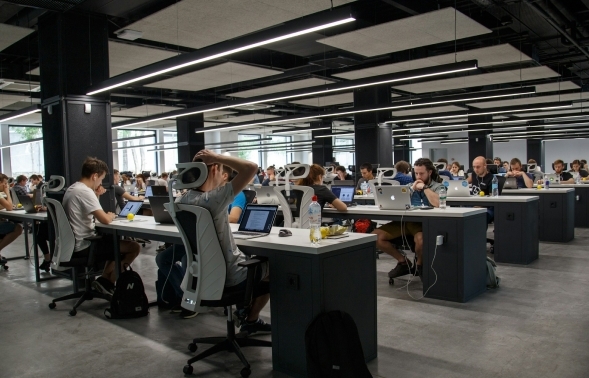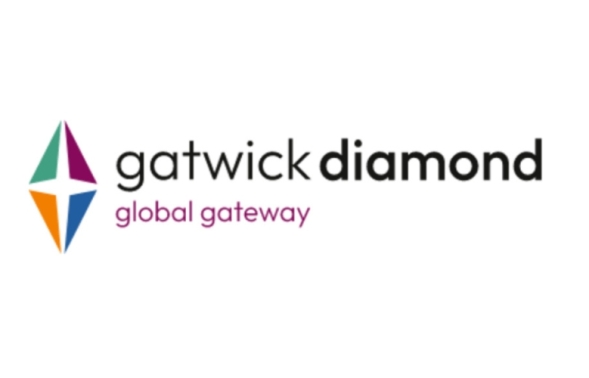OUR SURVEY SAYS…. RECRUITING FLEXIBLY INCREASES PRODUCTIVITY
At the beginning of the year we asked our candidates and some of our associates what flexible working looks like for them in 2020. Our objective was to determine whether it remains something that employees seek, and employers benefit from, and the findings reveal it is.
It wasn't a surprise to find that 62% of those surveyed are currently working flexibly, but it was perhaps a little more unexpected to find that of those who are not working flexibly, 89% of them want to. Their most ideal flexible work pattern would be 'Flexible Full-Time' - defined as occasional days working from home or remotely (31%) or a 'Part-Time Week', defined as less than 5 days per week, for example 3-4 days (52%).
Of those who are working flexibly, the largest majority (63%), are doing so to achieve a balance between work and home commitments.
Other popular reasons for a flex work pattern are; 'to be able to work on a side project', and, 'to allow time to exercise to feel healthier.'
In terms of weekly hours worked, 16-24 is the most common amount currently being worked by 55% of our candidates and the second most common is 24-32 hours. 38% are working remotely and an encouraging 62% are working from the offices of their employer (some with a combination of office and home).
As a recruitment team passionate about sourcing flexible professionals, we were encouraged to find that within these work patterns, specific roles are being carried out that include: Head of Sales, Marketing Manager, Operations Lead, IT Specialist, Office Manager, Business Research Consultant, HR Director, Chief Solutions Officer, Finance Director, Management Accountant, Communications Specialist, Business Manager, Financial Controller and Bookkeeper.
When our flexible workers were asked, 'to have a successful flexible working approach, what three key things are needed?'; 'trust', 'communication' and a 'flexible mindset filtered from the top' was cited by the majority of respondents. Plus, in terms of what they think are the main benefits for both themselves to work in this way and for their employers to recruit in this way, four main advantages were identified:
Increased productivity - as able to work the hours you're most efficient.
Balance - achieving the right work/life balance so performing at your optimum.
Retention - more committed and loyal as a result of working flexibly.
Affordable Talent - using your senior skills and experience on a part-time or consultancy basis.
One of our candidate's comments: "It used to be 'flexible workers are great value because they're grateful for the opportunity' whereas now, flexible working is an expectation"
Insight into how, at Flexibility Matters, we can continue to support candidates was gained from the incredibly useful responses to 'how can we best support you in enabling you to work flexibly?'. 50% of you requested 'networking events with potential employers' and 70% asked for seeing our flexible Jobs advertised on our social media channels, website and over email.
Thank you to all respondents to our survey. Watch this space at www.flexibilitymatters.co.uk for more of what's needed to make 2020 the most flexible year yet. Or get in touch directly on email: emma@flexmatters.co.uk, Tel: 0781 0541 599.
